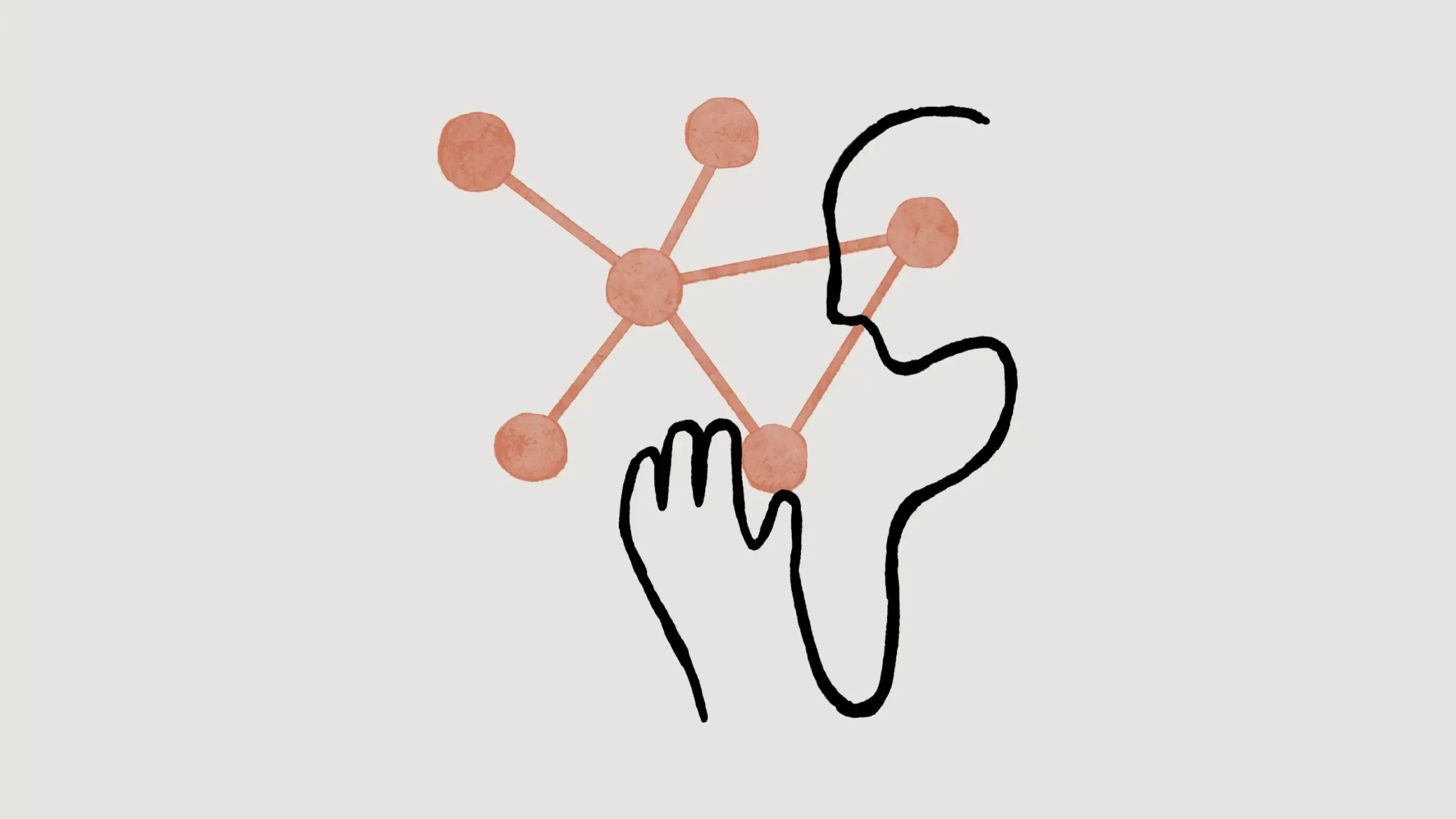
Anthropic has introduced Claude 3.7 Sonnet, its latest AI model that can think for as long as users desire. This cutting-edge model brings a unique ability to provide instant responses or take time to give thoughtful answers. It marks a major step in AI technology by simplifying the user experience.
Claude 3.7 Sonnet is the first hybrid AI reasoning model in the industry. Unlike most AI models that force users to pick between speed and depth,
Claude 3.7 Sonnet offers both. Users can choose to activate its reasoning mode, letting the AI spend more time thinking to deliver detailed answers. This flexibility means users no longer need to switch between models for different tasks. One model now handles everything seamlessly.
How Claude 3.7 Sonnet Works
The model mimics human thinking by breaking down complex questions into smaller steps. This method boosts accuracy and depth in responses. Users can watch the AI’s planning process through a visible scratch pad. While some sections might remain hidden for safety reasons, most of the AI’s thought process is transparent.
Claude 3.7 Sonnet is available to all users and developers. However, only premium subscribers will enjoy its advanced reasoning features. The model costs $3 (approximately ₹250) per million input tokens and $15 (approximately ₹1,250) per million output tokens. This pricing is higher than competitors like OpenAI’s o3-mini and DeepSeek’s R1. Yet, Claude 3.7 Sonnet justifies the price with its hybrid nature, offering both real-time and reasoning responses in a single model.
Performance That Outshines Competitors
Anthropic claims Claude 3.7 Sonnet delivers superior performance. In coding task tests like SWE-Bench, it achieved 62.3% accuracy, outperforming OpenAI’s o3-mini at 49.3%. For simulated retail interactions, it scored 81.2% on TAU-Bench, compared to OpenAI’s o1 model at 73.5%. These results highlight Claude 3.7 Sonnet’s ability to handle real-world tasks with impressive precision.
A key improvement in Claude 3.7 Sonnet is its reduced refusal rate. Compared to previous versions, the model is 45% less likely to decline answering questions. This means users get more helpful and nuanced responses, even to complex queries. Anthropic’s refined approach ensures the AI can distinguish better between harmful and safe prompts.
Introducing Claude Code for Developers
Alongside Claude 3.7 Sonnet, Anthropic is launching Claude Code, an agentic coding tool. This tool allows developers to run tasks from their terminal, simplifying coding projects. Developers can ask Claude Code to explain project structures, modify codebases, and even push updates to GitHub. However, Claude Code is initially available to a limited number of users on a first-come, first-serve basis.
Claude 3.7 Sonnet’s launch comes at a time when AI development is moving rapidly. Unlike other labs rushing to release models, Anthropic focuses on thoughtful innovation. The hybrid nature of Claude 3.7 Sonnet eliminates the need for multiple AI models, offering a streamlined solution for users.
In the future, Anthropic plans to make Claude smart enough to decide how long it should think without user input. This would further enhance the user experience, making AI interactions smoother and more intuitive.
The Future of AI Reasoning
Anthropic’s Claude 3.7 Sonnet signals a shift in how AI models handle reasoning. Its hybrid design offers users more control, flexibility, and accuracy. With fewer refusals, better real-world performance, and developer-friendly tools like Claude Code, this AI model sets a new benchmark.
As competition heats up, with OpenAI planning similar models soon, Anthropic’s early lead could shape the future of AI. Whether you’re a developer, business owner, or casual user, Claude 3.7 Sonnet promises a smarter, more adaptable AI experience.
